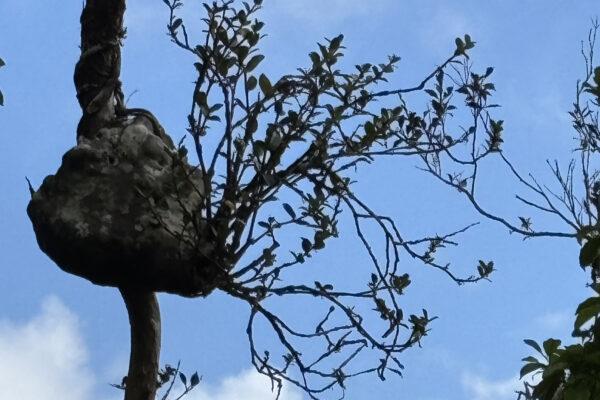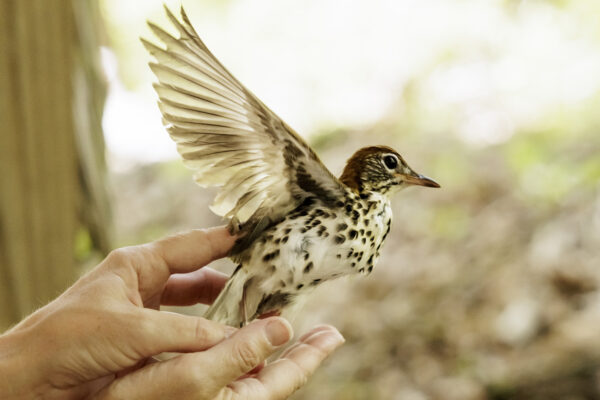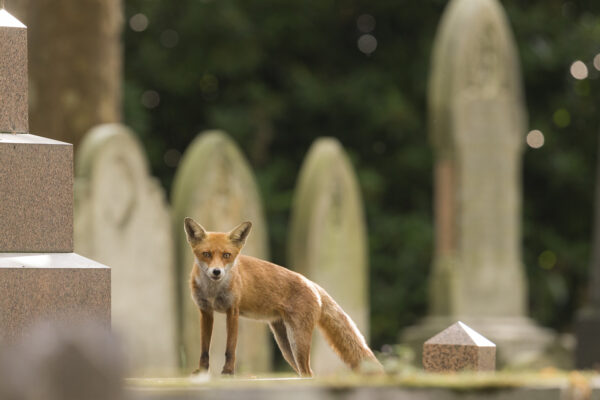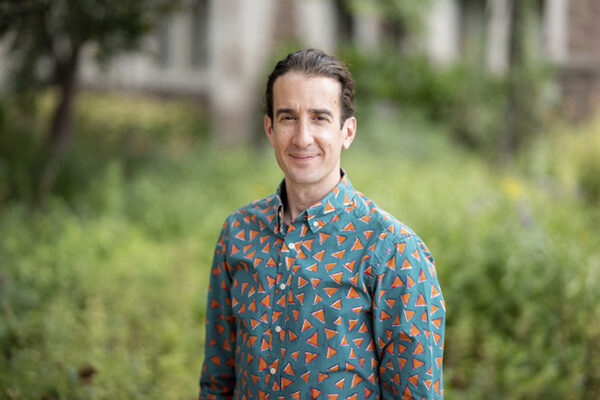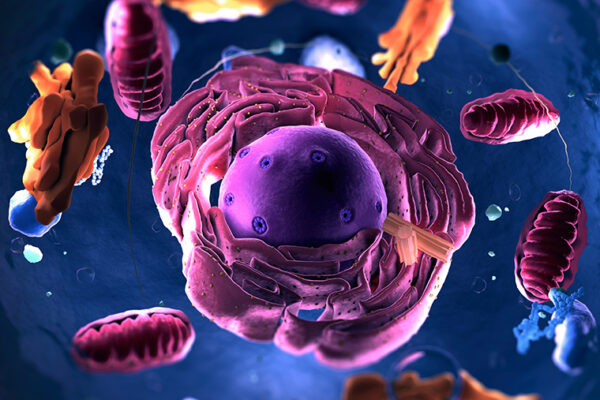Synthetic torpor has potential to redefine medicine
Hong Chen, a biomedical engineer at WashU, shares the potential for using synthetic torpor technology to develop new treatments for a range of illnesses and injuries.
Biologist Zhong to study how plants deal with nutrient stress
Xuehua Zhong in Arts & Sciences has won a $1.1 million grant from the National Science Foundation for research aimed at developing more resilient crops that can adapt to changing environmental conditions and support sustainable agriculture.
Condo-style living helps keep the peace inside these ant plants
Scientists have discovered one way that a host plant can keep the peace among residents that might otherwise kill each other. The new research from biologist Susanne S. Renner, in Arts & Sciences, is published in Science.
Winged migration
St. Louis sits on the Mississippi Flyway — the largest migratory pathway used by birds in North America. In this photo story, learn about a long-term study of migratory birds led by volunteers at WashU’s Tyson Research Center that is yielding new data on bird longevity and migration patterns.
Religion, politics and war drive urban wildlife evolution
The downstream consequences of religion, politics and war can have far-reaching effects on the environment and on the evolutionary processes affecting urban organisms, according to a new analysis from Washington University in St. Louis.
A unified theory of the mind
Biologist Keith Hengen in Arts & Sciences at Washington University in St. Louis says “criticality” is the key to understanding how the brain works — and how to keep it free from Alzheimer’s and other diseases.
Biologist Cox wins young investigator award
Kevin Cox, an assistant professor of biology in Arts & Sciences, received the 2025 Eric E. Conn Young Investigator Award from the American Society of Plant Biologists.
Uncovering how cells allocate space to make way for new growth
A study led by physicist Shankar Mukherji in Arts & Sciences uses a new technique to simultaneously visualize how six major organelles within a cell change as the cell grows. The work has implications for how cells regulate metabolism and growth, which is important in both health and disease.
Students don’t learn the way they think they do
A new study reveals that students learn best through prediction activities, even though they don’t realize it. This idea is at the center of research published by biologist Elise Walck-Shannon and her co-instructors for an introductory genetics course in Arts & Sciences.
Two students named Beckman Scholars
Perla Giles, a rising senior majoring in molecular microbiology, and David Lee, a rising senior majoring in chemistry, have been chosen to participate in the Beckman Scholars Program, which provides in-depth research experiences for exceptionally talented undergraduate students.
Older Stories


